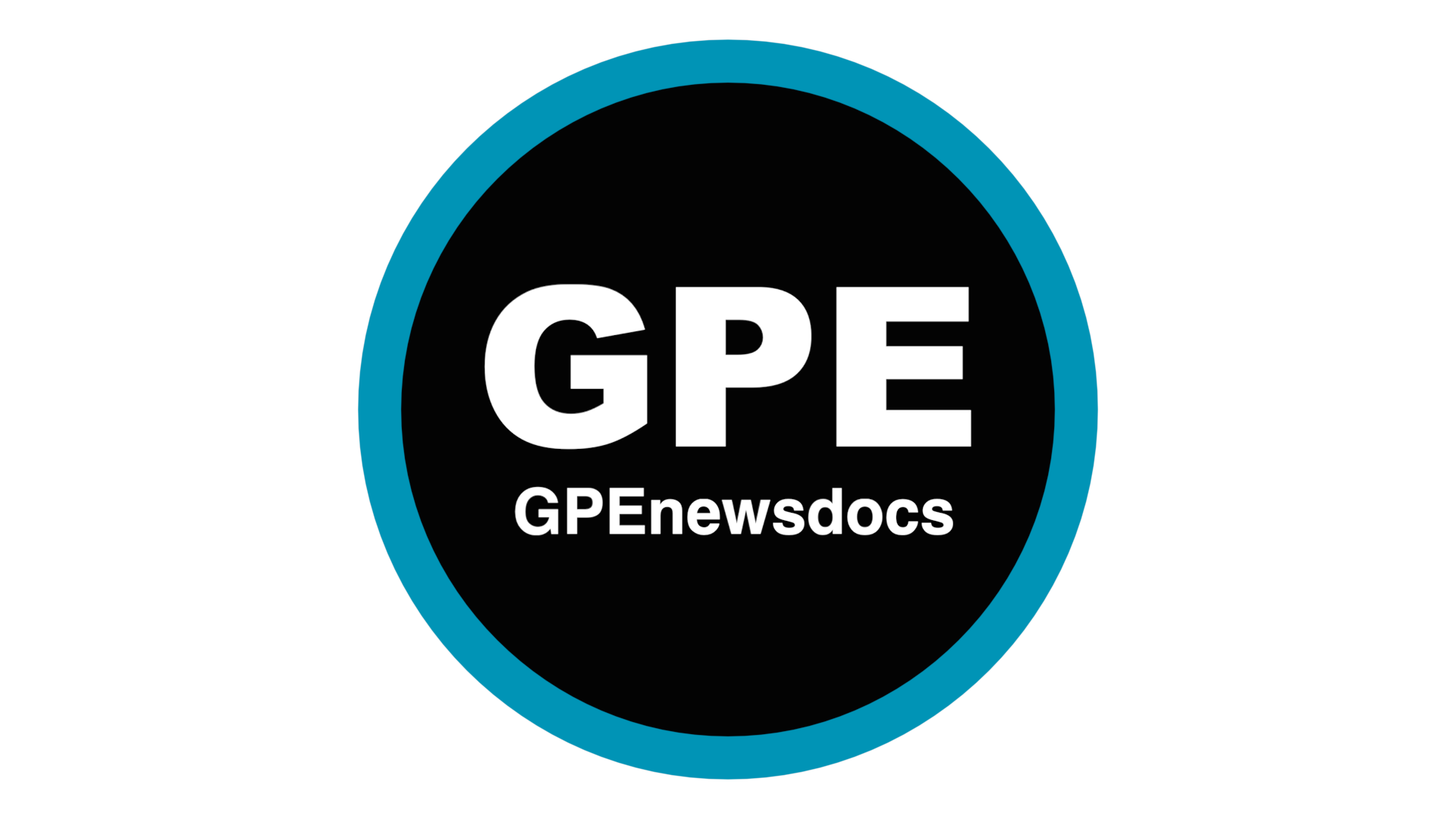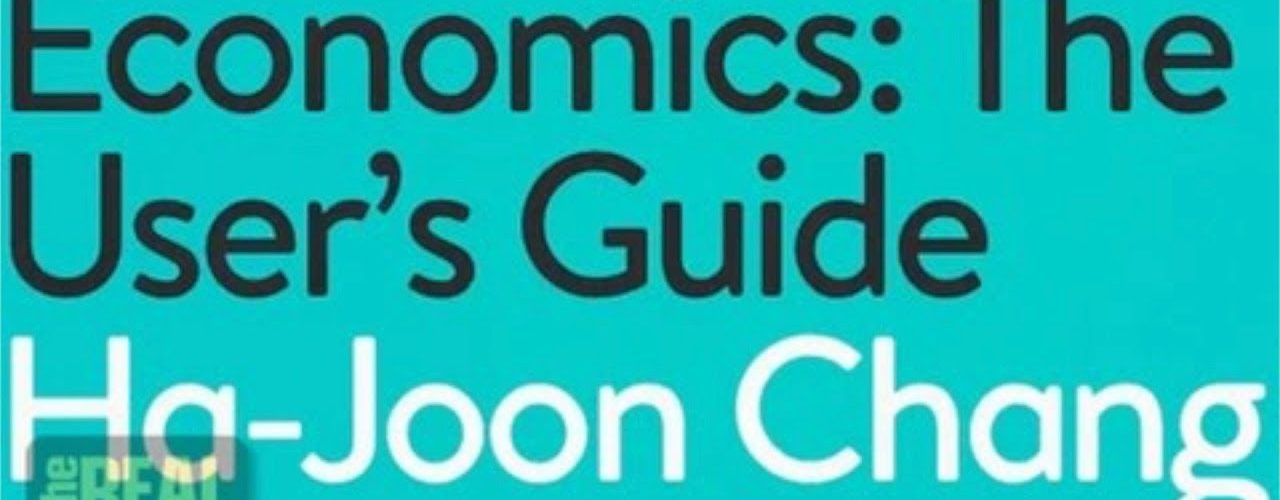Economics has become so impenetrable to non-specialists that it has become difficult for ordinary citizens to have a debate about economic issues, when economic policies are crucial in running our societies. The reason why I decided to reach out to the widest public is I think it’s an important project if we are going to defend democracy says Ha-Joon Chang about his latest book, “Economics: The User’s Guide”.
May 17, 2015 Produced by Lynn Fries
TRANSCRIPT
LYNN FRIES, TRNN: Welcome to The Real News Network. I’m Lynn Fries, in Geneva.
This is the concluding segment of a six-part series with economist Ha-Joon Chang. We’re exploring thoughts from his book Economics: The User’s Guide, where he explains that all of us need to learn economics, and challenge any economist who wants us to think economics is a science best left to experts. Our guest, Ha-Joon Chang, joins us from the UK where he teaches economics at the University of Cambridge. Economics: The User’s Guide is his latest book. Earlier books include Kicking Away the Ladder, and 23 Things They Don’t Tell You About Capitalism.
Welcome, Ha-Joon.
HA-JOON CHANG: Hi.
FRIES: In Parts 4 and 5 you showed how many different approaches to doing economics have differentiated themselves from the Neoclassical approach. You argue in favor of an economics profession that promotes intellectual diversity across many different schools of economic thought. So let’s conclude with your thoughts on that.
CHANG: Yeah, in the book I argue that there should be intellectual diversity within economics. I introduce no less than nine schools of economics, each with its own strengths and weaknesses, each with its own focus and specialty. And I argue that all of these different schools are necessary if you are going to fully understand the complex thing called the economy.
Now, I actually go one step further than other people who call for intellectual diversity in that I say that we actually need to actively encourage interaction between these different schools. Some people argue that we need intellectual diversity, but their attitude is more like live and let live, you know. I think what I do is correct, but you know, I’ll let you say what you’re doing. I mean, I think it was Voltaire the French philosopher who once famously said to someone that sir, I totally disagree with you, but I’m willing to die to defend your right to say what you believe.
Now, that is a political pluralism, if you like. But what I’m defending in the book is intellectual pluralism in the sense that we need different approaches, but working together, talking to each other. And actually interaction between different schools can actually improve our understanding of the world significantly. So for example, you know, I mentioned that Keynesian economics has finance at its heart, but that theory of finance can be actually improved by introducing some of the insights from the Behavioralist School, actually. Some people are already doing that.
For another example, the Developmentalist School has a very good understanding of how big, structural changes can happen in the economy, but they are not necessarily–the Developmentalist Tradition is not necessarily sophisticated in its understanding of how institutions evolve and how people’s perceptions and behavior change in relation to economic change. And once again, combining insights of Developmentalist School with those of Institutionalist and Behavioralist Schools can improve our understanding of the economy.
So I mean, I could give many examples. But the point is that by bringing the different intellectual traditions together, actually we can improve our understanding. And that is why I call for a genuine intellectual pluralism, not just political pluralism of live and let live. It’s a call for active cross-fertilization of ideas.
FRIES: And last but not least, tell us why you’re bringing this argument to the widest possible audience, the public.
CHANG: Now, finally, why do I try to reach out to the biggest possible audience? You know, when I wrote my latest book, I was actually assuming that the reader doesn’t know a thing about economics. And thankfully many readers have actually told me that, through email, sometimes in person, that they didn’t know anything about economics but they could read out, they could read my book with little difficulty. So I’m very pleased that I have partly achieved my goal.
Now, the reason why I decided to reach out to the widest public is–I think there’s a bit of a risk of sounding pretentious here, but I think it’s an important project if we are going to defend democracy. You know, in the recent period economics has become so impenetrable to non-specialists that it has become difficult for ordinary citizens to have a debate about economic issues, when economic policies are crucial in running our societies.
Now, the interesting thing is that, you know, many people are perfectly willing to debate the things that they don’t have any expertise in. The, I don’t know, climate change, gay marriage, you know, American foreign policy in the Middle East. A lot of people are willing to express strong views about these things despite having, I don’t know, no degree in international relations, or not ethics, or whatever. So there’s a really curious deficit of public engagement and attention in the area of economic policy, because basically economists have been fantastically successful in convincing people that the stuff is so difficult that you don’t understand it, even if we tried to explain it to you. So please go away and not say what you say.
And the culmination of this kind of technocratic attitude, you know, economists as some kind of high priest who have exclusive access to knowledge that other people cannot possibly have and understand, was shown during the eurozone crisis when the European Union and the European Central Bank and the International Monetary Fund basically imposed unelected people as prime ministers on Italy and Greece. You know, of course, I would personally have voted for Mr. Mario Monti, who replaced Mr. Berlusconi as the Italian Prime Minister in that episode.
But you know, this actually shows how the, I mean, how we have created a world where economists are impervious to outside scrutiny, and economists do not have to subject themselves to public debate. They can just browbeat the general public, saying well, we know what you don’t know. We have all these sophisticated mathematical models that proves this, proves that. And that closing off of public debate in the area of economics I think has been very important in weakening our democracies.
So my hope in writing this book was to tell people, look. I mean, economics is not that difficult. You know, anyone with secondary education can understand the basics of it, and by getting rid of that aversion or even fear about economics, I think that this book will contribute to encouraging people to engage in more vigorous debate on economic issues. And through that, I hope to contribute to the promotion and strengthening of democratic debate.
FRIES: And as we conclude, once again, many thanks to our guest. Ha-Joon Chang, thank you.
CHANG: Thank you.
FRIES: And thank you for joining us on The Real News Network.
END TRANSCRIPT
Ha-Joon Chang, a Korean native, has taught at the Faculty of Economics, University of Cambridge, since 1990. He has worked as a consultant for numerous international organizations, including various UN agencies, the World Bank, and the Asian Development Bank. A best selling author, his latest book is Economics: the User’s Guide. He has published 11 other books, including Kicking Away the Ladder, winner of the 2003 Myrdal Prize. In 2005, Ha-Joon Chang was awarded the 2005 Leontief Prize for Advancing the Frontiers of Economic Thought
Originally published at TRNN



